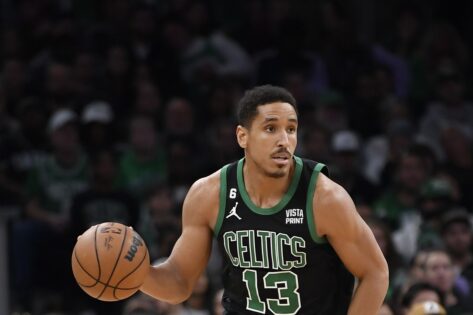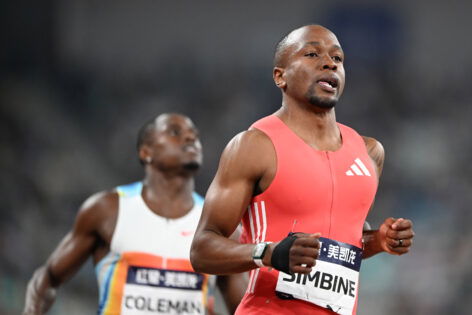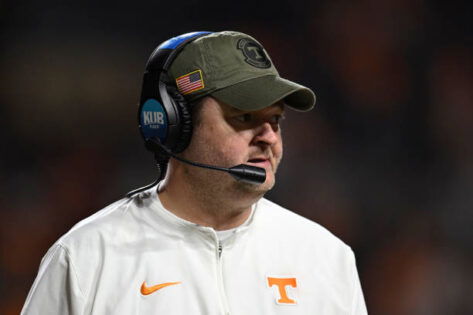Malcolm Brogdon’s story isn’t just about basketball- it’s a tapestry woven with deep roots and purpose. You see him calmly sinking free throws or dishing assists, but behind that cool demeanor lies a legacy that shaped American history. His name alone sparks curiosity, hinting at a background richer than any stat sheet. Ever wonder what fuels his poise on and off the court? It’s all in the bloodline.
Picture this: Atlanta in the ’90s, a city pulsing with civil rights echoes. Young Malcolm wasn’t just playing pickup games; he was soaking in lessons from streets where giants once marched. His family didn’t choose comfort- they chose consciousness, embedding justice into his DNA. That’s where his quiet intensity comes from. Let’s unpack the heritage that made him.
What is Malcolm Brogdon’s ethnicity?
Malcolm Brogdon is proudly African American, with a lineage steeped in activism. His great-grandfather was a pastor and early civil rights advocate, lighting the path his grandfather would walk alongside Dr. Martin Luther King Jr. during the 1960s movement. That’s not just history- it’s family lore. Brogdon grew up hearing stories of protests and progress, making struggle and resilience personal. His identity was forged in fire long before NBA arenas.
His parents, Mitchell and Dr. Jann Adams, made a radical choice: moving the family from middle-class comfort to inner-city Atlanta. “It was one of the best moves my parents ever made,” Brogdon reflected. They wanted him and his brothers to witness inequality firsthand- to understand privilege wasn’t universal. That exposure to racial and economic gaps wasn’t accidental; it was curriculum. It taught him empathy early, framing his view of community.
This upbringing crystallized his purpose. Volunteering in Ghana at age 10 and Malawi at 14, he saw global poverty mirroring struggles back home. Those trips ignited his drive to uplift others, especially through education and clean water initiatives. His ethnicity isn’t a checkbox- it’s a call to action he’s answered through his foundation. The court is just one stage for his mission.
What is Malcolm Brogdon’s nationality?
Brogdon is undeniably American, born and raised in Atlanta, Georgia, on December 11, 1992. Both parents- Mitchell, a lawyer, and Jann, a Morehouse College dean- are U.S. citizens, anchoring his roots firmly in Southern soil. But his nationality isn’t passive; it’s active. He leverages his platform to tackle homegrown injustices, from voting rights to educational equity. Being American, to him, means fighting for its ideals.
Atlanta’s spirit runs through him. Growing up blocks from the King Center, he absorbed civil rights history like oxygen. “I grew up in this environment… you understand it’s special,” he told The Undefeated. That proximity to landmarks like Morehouse (where his mom worked) and the Center for Civil and Human Rights shaped his worldview. His advocacy isn’t performative- it’s hometown pride amplified.
Now, as an NBA veteran, he embodies that national identity globally. Whether organizing HBCU tours for Indy teens or speaking on policy, he champions home. “We are transforming people’s lives,” he insists. For Brogdon, nationality is responsibility- using his voice where it matters most. Even overseas, he reps Atlanta’s legacy.
What religion does Malcolm Brogdon follow?
Brogdon’s faith is rooted in the African Methodist Episcopal (A.M.E.) church, a cornerstone of Black American resilience. His grandfather, Bishop John Hurst Adams, wasn’t just a leader- he marched with MLK, weaving faith and justice into one tapestry. That dual legacy shaped Malcolm’s moral compass. Though private about personal rituals, he’s vocal about leaning on faith during trials.
Named after Malcolm X, he found deeper resonance in MLK’s Christian nonviolence. “Dr. King… is the epitome of change,” he emphasized. King’s philosophy- grounded in love and service, mirrors Brogdon’s work: funding clean water projects, supporting HBCUs, and fighting systemic bias. His grandfather’s sermons weren’t just Sunday lessons; they were blueprints.
You see this in his actions. Through the Brogdon Family Foundation, he bridges spirituality and service, like sponsoring civil rights tours for students. “My life passion is not basketball. It’s helping people,” he’s stated. Whether rehabbing injuries or advocating reform, he credits his foundation to “giving it all to God.” For him, faith isn’t pews- it’s purpose in motion.
The post What is Malcolm Brogdon’s Ethnicity? Nationality and Religion Explained appeared first on EssentiallySports.



